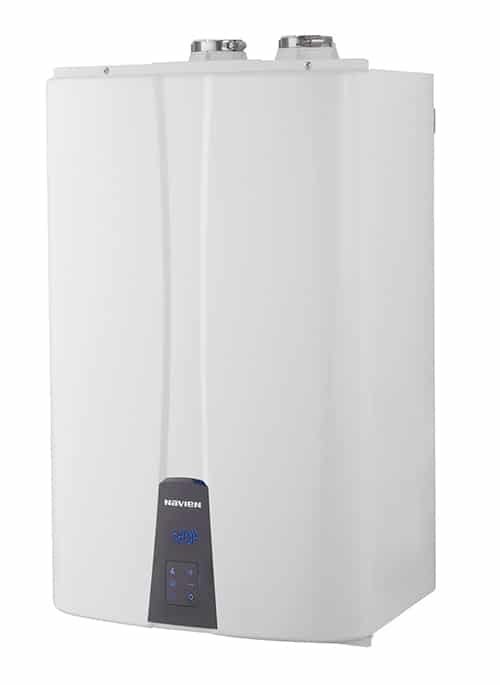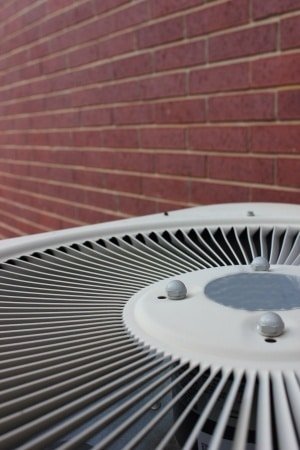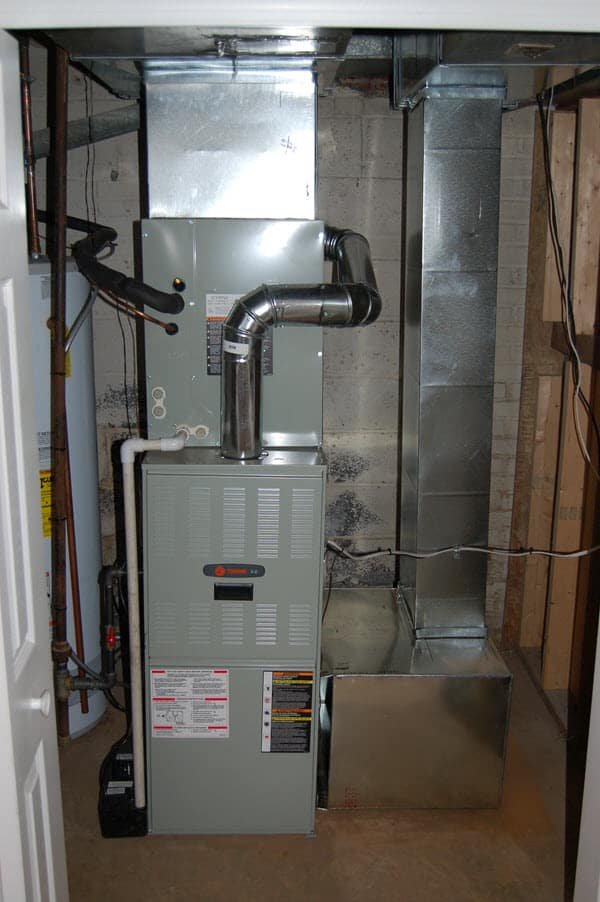
No More Reheating a Tank of Water
Traditional water heaters work by continuously reheating a tank of water, which reoccurs throughout the day. This process takes place regardless if anyone is home, or anyone is using the water. This results in you paying for energy that is being used regardless of its necessity. With an on demand water heater, there is no water tank that is constantly being heated, so no extra energy is wasted.
Life Expectancy
A key benefit in the purchase of an on demand water heater is that they are built to last much longer than their traditional counterparts. The life of a conventional water heater is somewhere in the area of 10 to 15 years; in contrast, a tankless water heater has an average life of 20 years. This means that not only will you be saving money by not constantly reheating water, but you will also save money by not having to replace your water heater as frequently.
Repair and Maintenance
Like all hard working machines, your on demand water heater will eventually require some minimal repairs throughout its lifespan. It is important to remember that an on demand water heater is designed so that these repairs will happen far less than with conventional water heaters. Given the repairs will not happen as often, and the maintenance is easy to manage, this will lead to more money saved in the long term.
Hot Water When You Want It
How often have you had to put off tasks around the house so that somebody could take a shower? With a conventional water heater, there is a limited amount of hot water available at any given time. Running the dishwasher at 8pm means that no one can take a hot shower until at least 9pm, and considering doing the laundry while these chores are being done is nearly impossible.
These issues disappear with an on demand hot water heater. The water is heated as you need it, and supply cannot run out. This means that dishes, showering, and laundry can be done at the same time without forfeiting hot water.
When looking into purchasing a new hot water heater, do not overlook your tankless options. Though this machine may cost you more immediately, you will see a great amount of savings over its lifespan. With its lower energy consumption, infrequent repairs and immediate hot water convince, the initial price tag is worth every cent. Talk to a plumbing professional today and begin to look into this option. This change will be the one of the best, and warmest, choices you make all year.







